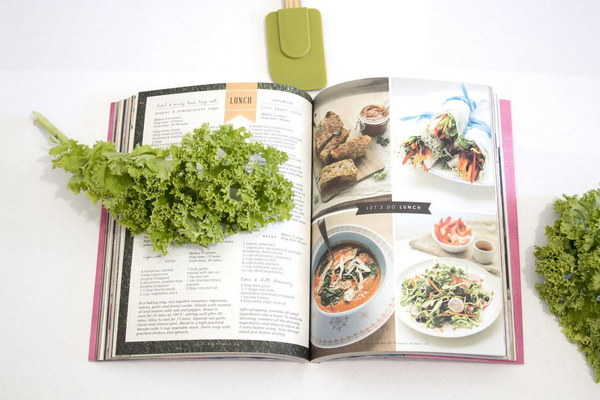Cultivating Your Stomach Health A Guide to PostAutumn Gastric Care
As the leaves start to change colors and the air turns cooler, we bid farewell to summer and welcome the arrival of autumn. This seasonal transition not only brings about a change in our attire but also in our dietary habits. With the onset of autumn, it is crucial to prioritize our digestive health, especially our stomach. Here's a comprehensive guide on how to cultivate your stomach health post-autumn.
1. Adjust Your Diet
The first step in maintaining a healthy stomach during autumn is to adjust your diet. Incorporate foods that are rich in vitamins, minerals, and fiber, as these nutrients help in strengthening your digestive system. Some of the best foods for your stomach include:
- Leafy greens: Spinach, kale, and Swiss chard are packed with essential nutrients that aid in digestion.
- Root vegetables: Carrots, beets, and sweet potatoes are high in fiber and beta-carotene, which support your gut health.
- Fruits: Apples, pears, and berries are rich in antioxidants and fiber, promoting a healthy gut environment.
- Lean proteins: Chicken, turkey, and fish are excellent sources of protein that aid in digestion and muscle repair.

- Healthy fats: Avocado, nuts, and seeds are great for your stomach, as they provide essential fatty acids and keep your digestive system running smoothly.
2. Stay Hydrated
Drinking plenty of water is essential for maintaining a healthy stomach during autumn. Adequate hydration helps in digestion, absorption, and elimination. Aim to drink at least 8-10 glasses of water daily, and consider adding fresh fruit or herbs to your water for added flavor and health benefits.
3. Eat Small, Frequent Meals
Eating smaller, more frequent meals can help prevent bloating and indigestion. Try to eat every 3-4 hours, and focus on eating slowly and mindfully. This allows your stomach to digest food more efficiently and reduces the chances of overeating.
4. Avoid Overeating and Processed Foods
Overeating and consuming processed foods can lead to digestive issues during autumn. To maintain a healthy stomach, try to avoid excessive consumption of fatty, sugary, and high-carb foods. Opt for whole, unprocessed foods that are easier on your digestive system.
5. Incorporate Probiotics
Probiotics are beneficial bacteria that promote a healthy gut environment. You can find probiotics in fermented foods such as yogurt, kefir, sauerkraut, and kimchi. Including these foods in your diet can help maintain a balanced gut flora and improve your digestion.
6. Manage Stress
Stress can have a significant impact on your digestive health. Practice stress-reducing techniques such as meditation, yoga, and deep breathing exercises to keep your stomach in check. Additionally, getting enough sleep and engaging in regular physical activity can also help manage stress levels.
7. Limit Alcohol and Caffeine
Alcohol and caffeine can irritate your stomach and disrupt your digestive system. During autumn, try to limit your intake of these substances and opt for alternatives such as herbal teas or water.
8. Seek Professional Advice
If you experience persistent digestive issues during autumn, it is essential to seek professional advice. A healthcare provider can help identify the root cause of your stomach problems and recommend appropriate treatment options.
In conclusion, maintaining your stomach health during autumn requires a combination of dietary adjustments, lifestyle changes, and stress management. By following these tips, you can ensure a comfortable and healthy transition into the cooler months. Remember that taking care of your stomach is an ongoing process, so make these changes a part of your daily routine for long-term benefits.









